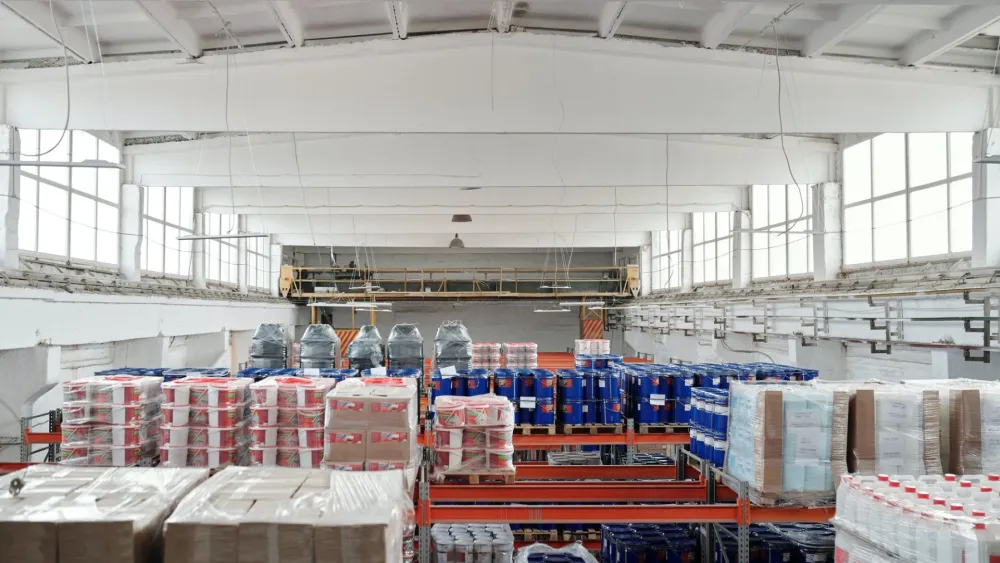
CapitaLand invests $700m in first data centre in Japan
The market outlook remains positive, but the global trade war presents risks.
CapitaLand Investment Ltd. (CLI) is investing more than $700m in Osaka—its first data centre in Japan—in line with its digitalisation investment theme and push to expand its geographical reach.
“We chose to expand our data centre portfolio in Japan because we believe the country is a tier-one data centre market and is one of the largest markets in Asia Pacific,” Kenny Khow, managing director for Global Data Centre at CLI, told Real Estate Asia.
“In the last couple of years, we have observed that the adoption of cloud, social media, and increased video streaming are some of the main drivers of data centre demand,” he said via Zoom.
This has spurred significant investments in data centre infrastructure, according to the Singapore-based real asset manager.
“These facilities are increasingly regarded as a vital and permanent asset class—in my view, they are here for the long term,” Khow said.
The Japanese data centre market was valued at $9.93b in 2024, and is projected to grow 5% annually to $13.35b by 2030, according to Dublin-based Research and Markets.
Surging demand for data infrastructure is fuelling real estate transformation across global data centre markets, Cushman & Wakefield said in a May report. The sector continues to attract significant institutional investment, with a sharp rise in joint ventures, mergers, and acquisition activity across co-location, hyperscale, and infrastructure outfits, it said.
Khow’s outlook for the market remains positive, but the global trade tensions and US restrictions on graphics processing unit (GPU) chip exports present uncertainties.
“This industry will continue to grow steadily in the next couple of years,” he said. “But it will always be subjected to certain economic currents like the US policy on tariffs and the restrictions on GPU chip distribution to certain countries.”
Khow said CLI chooses the right location for its data centres based on land and accessibility to renewable energy.
"The company’s goal is to achieve energy efficiency by having the lowest possible power usage effectiveness—a standard efficiency metric in the industry—to ensure that nearly all power is used directly by information technology equipment,” he said.
He added that this is increasingly becoming critical with the rise of artificial intelligence, which has led to higher rack densities and increased power consumption.
“To address this, we focus on designing highly efficient data centres that use the latest sustainable cooling technologies. CLI is already implementing liquid cooling for our data centre in India,” Khow said.



















 Advertise
Advertise







